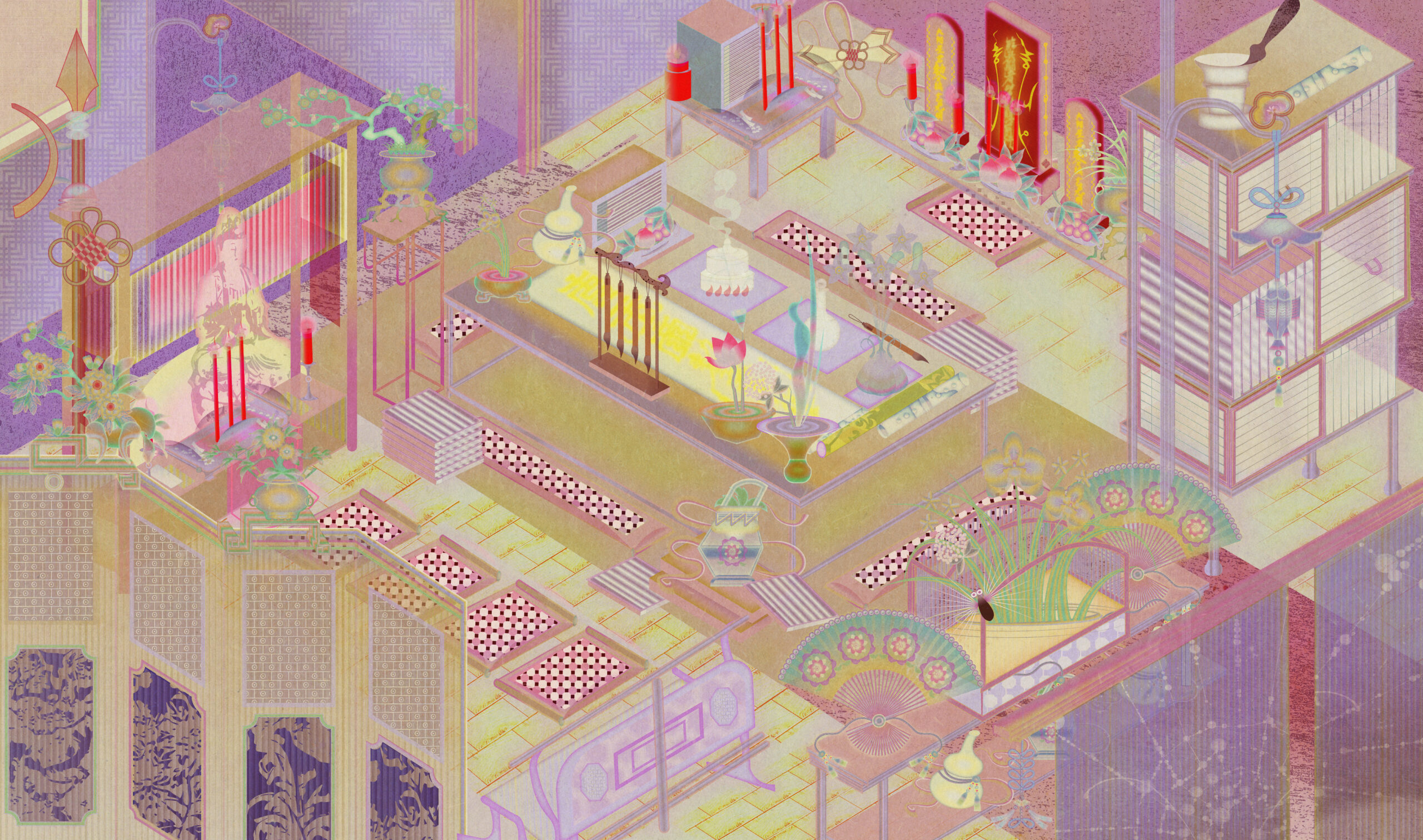FIRST CLASS
| February 24, 2015 | Post In LEAP 30
TEXT / Song Yi
TRANSLATION / Sarah Stanton
The art academy we propose here is not a place where everyone studies at the same fixed stage of life; rather, it is a process of self-directed maturation governed by a plethora of unknown factors, full of accidents, misunderstandings, accommodations, and any number of other unexpected mishaps. In this frantic moment, it is imperative that we clarify and confront the current eruption of endless questions, never relenting in our attempts to resolve them even as we stand amid the chaos. The knowledge we require is almost always derived from experience gained through experimentation.
Learning is a basic state of humanity, as natural as waking up or falling asleep. Conventional discussions of this subject, however, often focus on education rather than learning; they operate in terms of a process that moves from outside in rather than inside out. They examine teaching methodologies rather than learning experiences. They confine themselves to time spent in school and ignore the period after graduation. They emphasize individual study rather than methods of self-organization among students. They value methods over motivation. They focus on management rather than human accomplishment. Here, we do the opposite.
Perhaps teachers simply do not understand the life of the student today, instead drawing up curricula based on their own artistic experiences. We hope to allow these students to make their voices heard, as with the young artist YK, who here depicts the journey from cram school to graduation: the waxing and waning of enthusiasm, and the awkwardness of unknowingly being branded an“artist.” Fatigue and confusion cloud youthful efforts to understand the knowledge base of contemporary art.
Our research for this feature indicates that the question of whether education should focus on student or teacher is actually relatively unimportant; what matters is the engagement, action, and reflection of all parties involved.
The reeducation that takes place after graduation is a far longer process than that of formal schooling, and one with no obvious teachers. Perhaps experience working in the contemporary art world can lead to a fresh outlook on learning, leaving aside the burden of received experience in order to confront today’s new questions.
Steering this discourse on learning towards discussions of passion and independent responsibility, we aim to place a greater focus on self-organization. Perhaps we will even be able to create a new discourse, with a research framework based on realities on the ground. This, after all, is what we do every publishing cycle as the editors of LEAP; our mode of working is one of constant learning, of kicking around in the darkness until our idols have fallen and the lights are turned back on.

